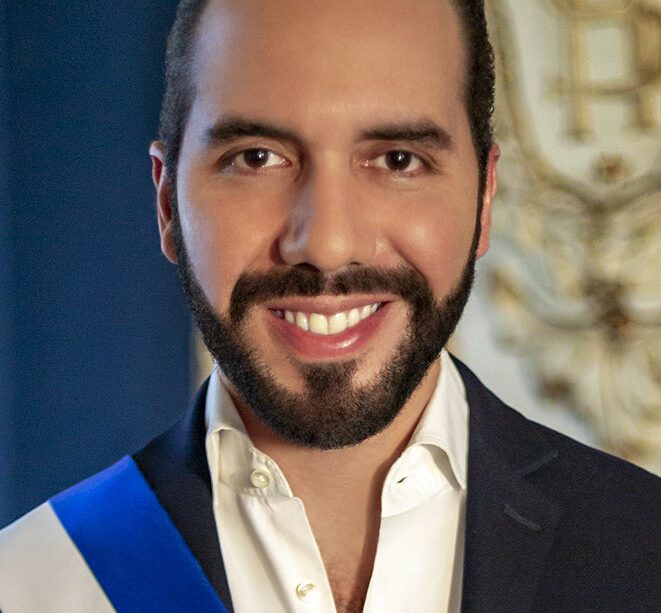The Leadership of Bukele: A New Era for El Salvador

Introduction
Nayib Bukele, the President of El Salvador, has made headlines for his unorthodox leadership style and ambitious reforms since assuming office in June 2019. His approach has not only captured the attention of Salvadorans but also the global community, as he takes unprecedented steps aiming to boost economic growth and modernize the country. With challenges such as violence, poverty, and a struggling economy, Bukele’s administration strives for a renewed vision for El Salvador.
Bukele’s Economic Initiatives
One of the most controversial decisions of Bukele’s presidency was the introduction of Bitcoin as legal tender in September 2021. This strategy was intended to attract foreign investment and facilitate remittances, which constitute a significant portion of the country’s GDP. By adopting cryptocurrency, Bukele’s government aimed to modernize the financial system and incorporate a large segment of the unbanked population into the formal economy. However, it has faced criticism for its volatility, changes in public perception, and lack of robust regulatory structures.
Social Reforms and Governance
In addition to economic initiatives, Bukele has sought to address the longstanding issues of crime and insecurity. His government launched an aggressive crackdown on gang violence, focusing on the notorious MS-13 and Barrio 18 gangs that have plagued the country for decades. Critics argue that his heavy-handed tactics undermine democracy and human rights, while supporters claim these measures are necessary to restore peace and security in a country that has struggled with high homicide rates.
Bukele’s administration has also made strides in improving public services, including initiating projects aimed at enhancing infrastructure, healthcare, and education. The government’s focus on transparency and fighting corruption has been part of Bukele’s promise to revolutionize the political landscape in El Salvador.
Challenges Ahead
Despite the commitment to reform, Bukele’s government faces significant challenges moving forward. Issues such as political polarization, public skepticism towards the use of Bitcoin, and the lasting effects of gang violence remain pressing concerns. Moreover, international observers are watching closely to ensure that the balance of power and democratic institutions are maintained in the face of Bukele’s increasingly authoritarian tendencies.
Conclusion
As President Bukele continues to pursue his vision for El Salvador, the implications of his policies will undoubtedly shape the nation’s future. His innovative approaches could either lead to unprecedented transformation or aggravate existing tensions within the society. As such, the developments in his administration merit close attention, as they may serve as both a beacon of hope and a cautionary tale for emerging democracies worldwide.









